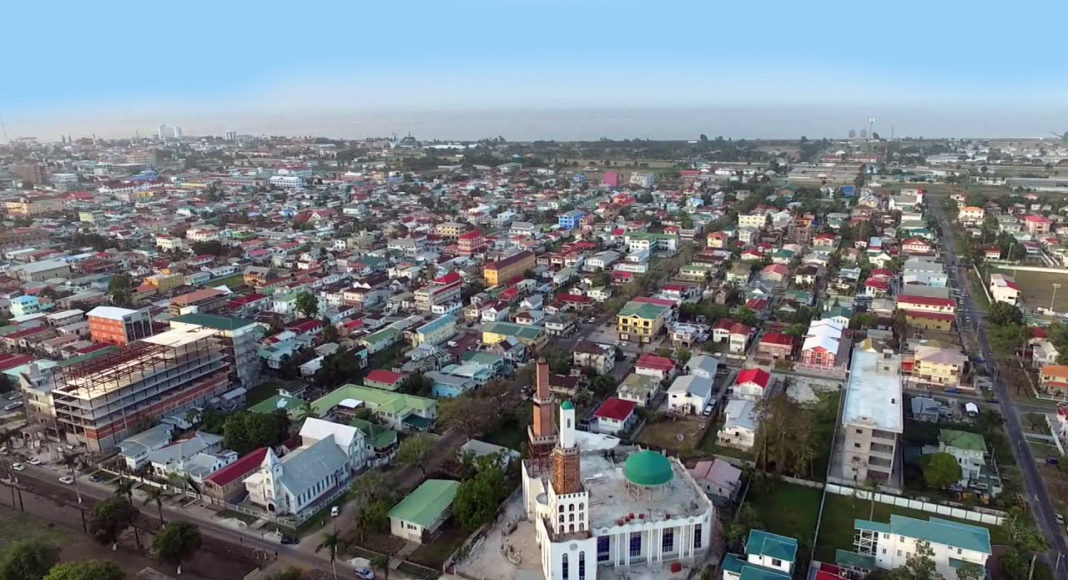With Guyana’s oil sector poised to expand with six floating, production, storage, and offloading (FPSO) vessels by 2027, other supporting industries such as construction and services, and even agriculture, are set to reach new economic heights. Cognizant of this unprecedented growth trajectory, the government has already foreseen the need to improve the country’s waste management services, hence its pursuit of a circular economy.
This is comprehensively outlined in the government’s Low Carbon Development Strategy (LCDS) 2030 which was subjected to a period of consultation countrywide before the final document was tabled in the National Assembly.
The document explains that in a circular economy, resources are kept in use for as long as possible, the maximum value is extracted from them and then, at the end of their life cycle, they are recovered to regenerate new products and materials.
It was noted that some progress has been made towards better waste management in Guyana in recent years. In 2021 for example, US$5 million was invested by the government to improve solid waste management across the country while US$7 million is being invested in 2022 for the upgrade of existing disposal facilities. Be that as it may, the document highlights the need for more to be done especially when one considers the current pace of development.
From 2023, work is expected to begin to create a circular economy in Guyana, with the conclusion of a strategy in 2023 and implementation scheduled thereafter. This is expected to cover the rollout of a national recycling system; new measures to minimise, and where possible eliminate, single-use plastic, batteries, and other specific sources of pollution; as well as the identification of support measures for more efficient and sustainable use of steel and cement.
In time, LCDS 2030 states that all households, businesses and public institutions should have access to segregated waste services. As it is in many countries, this will likely involve different bins for recycling, food and other compostable substances, and waste.
OilNOW understands that improved measures will also be in place to tackle illegal dumping.
The development of the Circular Economy Strategy is expected to draw on existing work done in Guyana and elsewhere including the University of Guyana and several non-governmental organisations.
The move to a Circular Economy Strategy is also in keeping with critical findings outlined in ExxonMobil Guyana’s Revised Cradle to Grave Waste Report – June 2021.
ExxonMobil takes on additional studies for Uaru Project | OilNOW
That document which was submitted to the Environmental Protection Agency (EPA) states that at present, there is currently a limited number of onshore waste service providers of hazardous and non-hazardous waste management in Guyana.
It further notes that Guyana is in the process of updating its hazardous waste regulations for onshore facilities so that proper guidelines can be provided to onshore service providers in the rapidly expanding sector.




